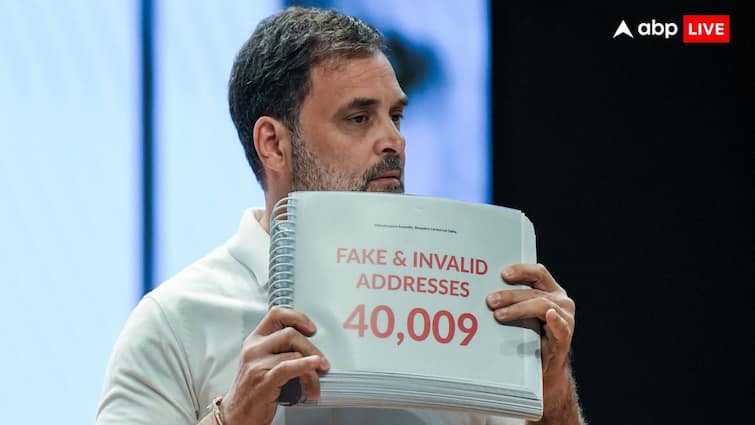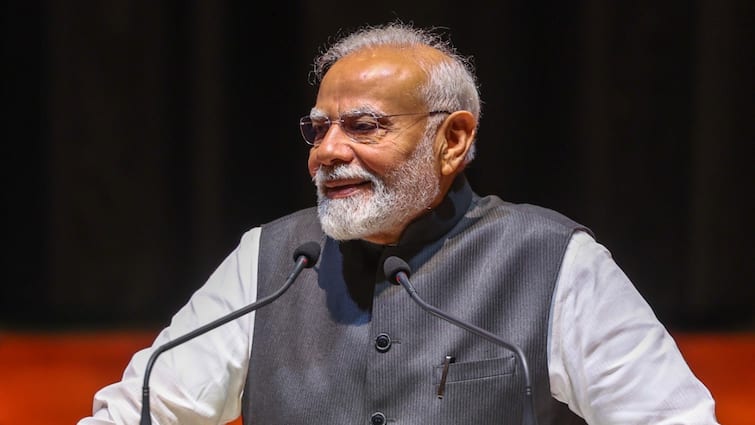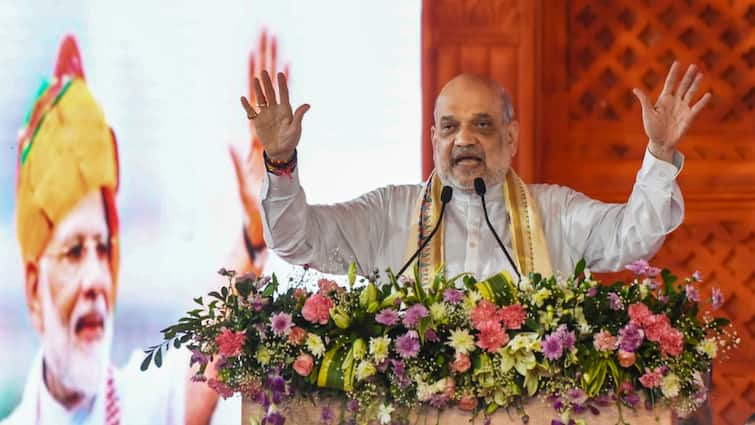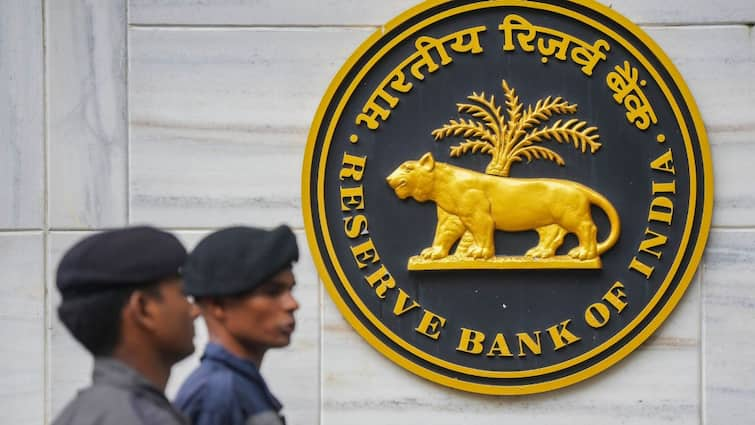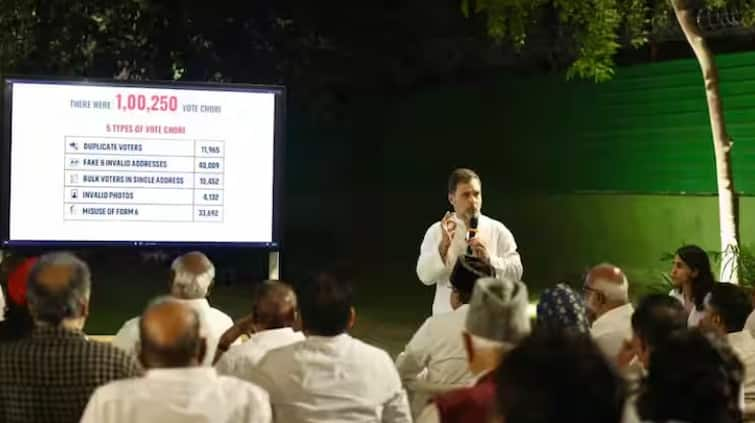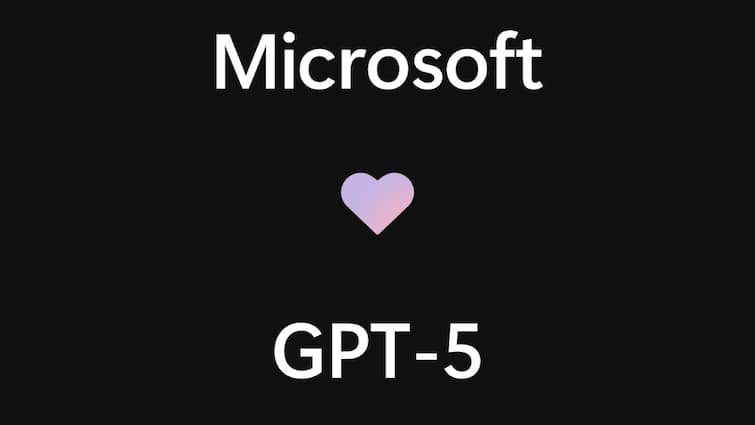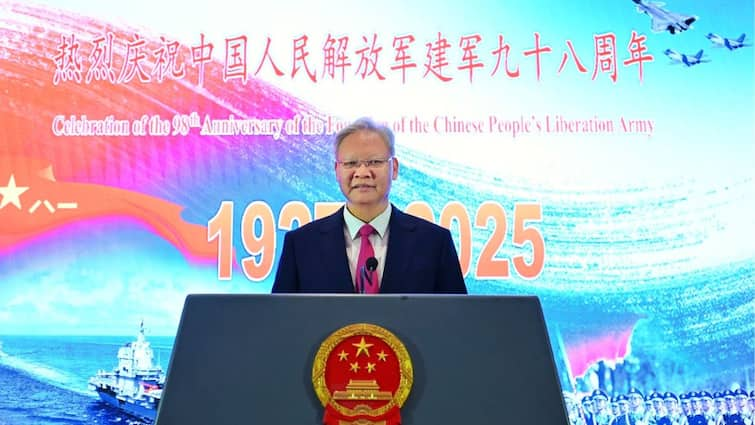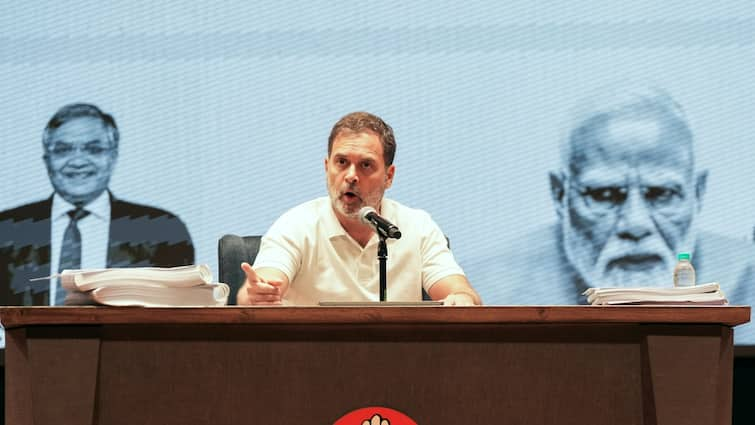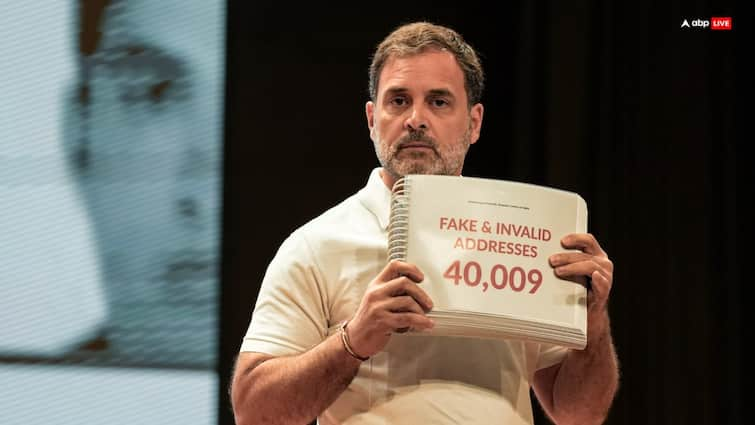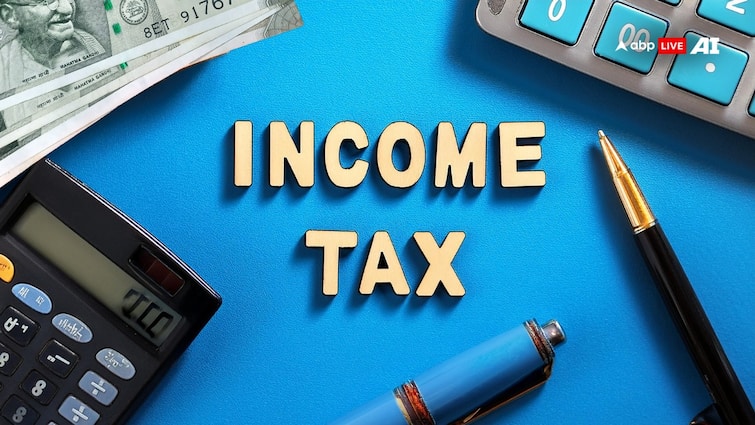
The government has reportedly officially withdrawn the Income-Tax Bill, 2025, which was introduced in the Lok Sabha on February 13, 2025, as part of its ongoing efforts to replace the outdated Income-Tax Act of 1961. The move aims to streamline the legislative process and avoid confusion stemming from multiple versions of the bill in circulation.
A revamped and consolidated version of the bill, which incorporates a vast majority of the recommendations proposed by a Parliamentary Select Committee, is scheduled to be introduced on August 11 for further debate and approval, according to an India Today TV report citing sources.
Over 4,500 Pages Of Recommendations Shape The New Draft
The revised legislation has been significantly shaped by the inputs of the Select Committee chaired by Shri Baijayant Panda. The committee submitted its comprehensive report to Parliament on July 21, offering 285 suggestions spanning over 4,500 pages.
These recommendations aim to enhance clarity, simplify compliance, and introduce taxpayer-friendly provisions. Among the many proposals, several are expected to offer tangible benefits to everyday taxpayers, especially in areas related to house property income and refund processing.
Also Read: India, Brazil Hit With Steepest US Tariff Rate Of 50%; Here’s What Other Countries Got
Key Proposals
One of the major highlights includes clearer provisions around the 30 per cent standard deduction on house property income, ensuring that it is explicitly stated in the new law to reduce ambiguity. Another major recommendation is to extend home loan interest deductions to rented properties, not just self-occupied ones—bringing a wider section of property owners under the benefit net.
The Select Committee has also called for a simplified and accelerated refund mechanism for TDS and TCS. Many taxpayers currently face long wait times for these refunds, and the proposed system seeks to address that.
Additionally, the Central Board of Direct Taxes (CBDT) is also drafting new rules under its “Enforcement with Empathy” framework. This initiative is designed to reduce bureaucratic hurdles and make tax compliance smoother for honest taxpayers. These changes, if implemented effectively, could mark a major shift in how tax laws are administered in India.
Doonited Affiliated: Syndicate News Hunt
This report has been published as part of an auto-generated syndicated wire feed. Except for the headline, the content has not been modified or edited by Doonited






